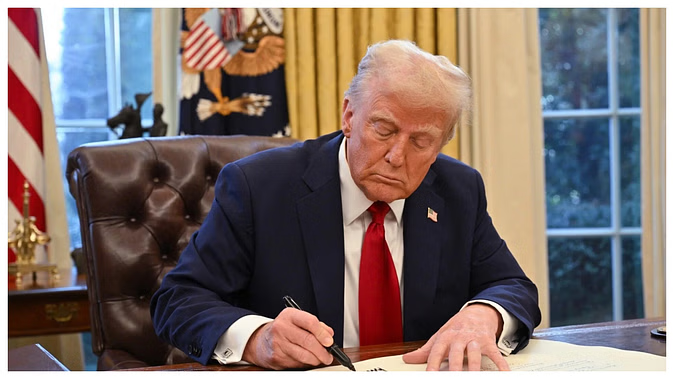Trump Administration Faces Fresh Defeat as Judge Pauses Executive Order Targeting Law Firms
Federal Court Halts Controversial Ban
In a significant rebuke to the Trump administration, a federal judge in Washington, D.C., has issued a stay on President Trump’s executive order that sought to impose sweeping restrictions on select law firms. The order, which aimed to sanction firms representing clients in litigation against the federal government, was deemed unconstitutional in the ruling and will not take effect.
WilmerHale Victory Underscores Constitutional Protections
The decision came on Tuesday when U.S. District Judge Richard Leon granted injunctive relief to the prominent firm WilmerHale. In his written opinion, Judge Leon criticized the executive order as an unlawful infringement on the fundamental right of legal representation. “The court’s decision to permanently stop the illegal executive order strongly confirms the fundamental constitutional rights of our clients,” Leon wrote. “We take pride in protecting our firm, our people and our clients.”
WilmerHale, which filed the appeal, celebrated the ruling as a triumph for due process and professional independence. The firm’s appeal highlighted concerns that sanctions were being used punitively against firms—and their attorneys—who either challenged Trump administration policies or participated in legal actions involving the President.
Pattern of Judicial Reversals
This setback marks at least the third time a federal court has invalidated components of the administration’s effort to penalize law firms. Earlier this year, judges in separate cases also ruled against similar orders directed at different legal practices. Those decisions, like Tuesday’s, emphasized that lawyers must be free to advocate on behalf of their clients without fear of government retaliation.
Scope of the Executive Order
Under the contested order, targeted attorneys would have faced suspension of security clearances and loss of access to federal facilities—measures critics argued were designed to intimidate legal professionals and chill dissent. The administration defended the policy as a tool to safeguard government interests, but opponents decried it as an unprecedented attack on the legal system itself.
Broader Implications
Legal experts warn that allowing the government to punish firms for representing certain clients could irreparably damage the adversarial system at the heart of American jurisprudence. By pausing the order, Judge Leon’s ruling preserves the principle that every party is entitled to counsel of its choice, irrespective of political considerations.
As the administration considers its next steps, the decision serves as a potent reminder of the judiciary’s role in checking executive power and upholding constitutional guarantees.
